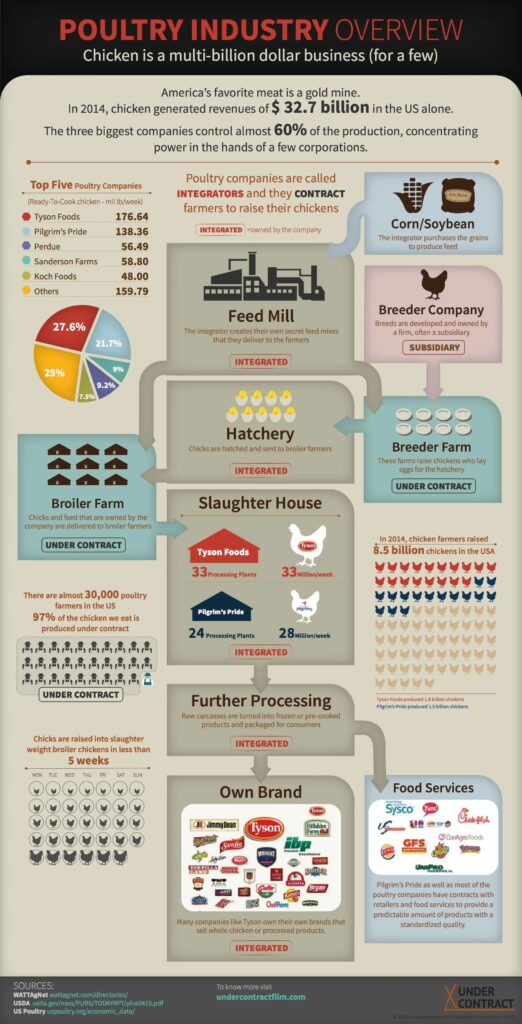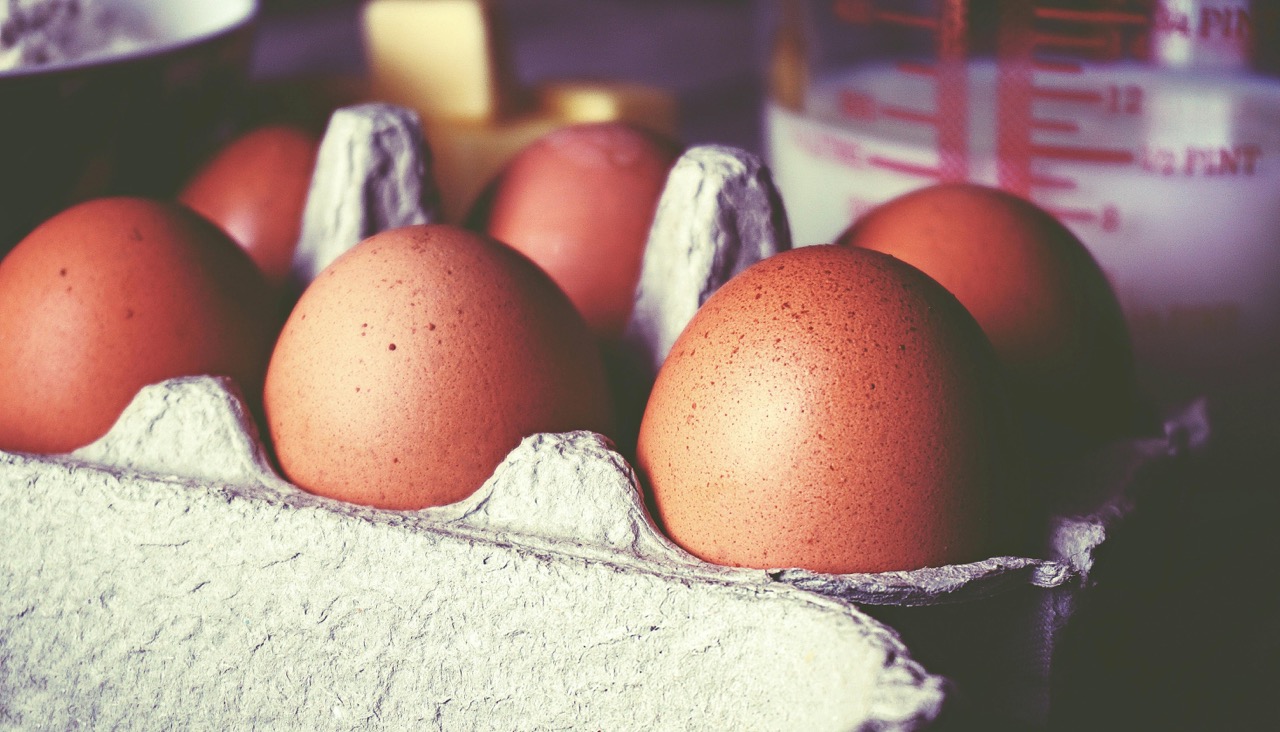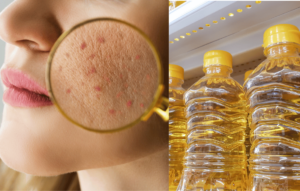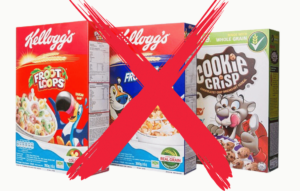Eggs are some of the most nutrient-dense, good-for-everyone (who isn’t allergic) foods there are on God’s green earth. Although they have been vilified by doctors for years as “bad for your cholesterol and heart health”, I would hope that by now you’ve realized that all of the most useful modalities are (i.e. lots of sunshine exposure, building natural immunity, eating real food, walking barefoot like a hippie, etc.). Make yourself comfortable with your feet in the grass, your naked body in the sun, and a plate full of fresh, organic, pasture-raised eggs, and get ready to learn about the magical hen creation.
Eggs & Cholesterol – Are They Safe To Eat?
It seems as though with every research study that comes out about eggs, people become more and more confused as to whether they are good or bad for us to consume. The truth is that eggs are an extremely complex meal, having dozens of elements and nutrients that can alter depending on how they are prepared, what the chicken ate, and how primal of a life she was allowed to live. Beyond just the egg itself, research also indicates that what you eat with eggs, such as common carbohydrates like toast, has more impact on your general health than your egg consumption.
For many years, we have been told by medical professionals that eggs are bad for us and elevate our cholesterol as well as the risk of cardiovascular disease. In one of his most transformational books, How to Eat, Move And Be Healthy, Paul Chek noted the following about cholesterol:
“There was a big scare regarding cholesterol content in eggs during the 1980s. However, many don’t understand that cholesterol is a key building block for all cells and is produced by our bodies as a response to stress. When there’s an inflammatory process, there’s an elevated need for cholesterol. Stress, alcohol, medical drugs, and many food additives are all capable of causing inflammation in the gut, significantly elevation the body’s need for cholesterol. But when a trip to the doctor reveals high cholesterol, you’re often prescribed medication and told to stay away from the foods that you actually need to yield adequate cholesterol to heal the damaged cells. Doctors seldom look at the potential causes of elevated cholesterol.”
I find it interesting that doctors will vilify foods such as eggs, which have some of the highest nutritional value of any food on this planet, because of the collective groupthink agenda that has been created around cholesterol. I know several family members and friends who were told to go on cholesterol medication by their doctor and to avoid eggs. So what happens as a result of their medication and the absence of the key nutritional value of the hen’s magic? It can vary, but I’ve seen an increase in body fat accumulation, lower muscle tone, lower libido and energy, decreased sleep quality, and so on. While eggs and red meat are condemned, the doctor (who is often very unhealthy statistically) will convey that it’s fine to eat refined carbohydrates such as grains, processed foods, white sugar, etc. as long as it’s in “moderation”.
On the Living 4D with Paul Chek podcast, Dr. Paul Saladino quickly dismissed the fear of cholesterol prevalent in our society. “Within Western medicine, there is an idea that LDL cholesterol causes heart disease and plaque formation in the arteries. This to me is absurd to me on so many levels.” Dr. Saladino went on to explain how LDL (low-density lipid protein) plays a vital role in transporting nutrients within the body (see video below).
LDL aids in detoxification, supporting our cell walls, converting nutrients to growth hormone and testosterone, and much more. Dr. Saladino is so passionate about correcting people’s understanding of these natural human functions that he spends an entire chapter of his book The Carnivore Code explaining the importance of cholesterol. Why would a molecule so paramount to our immune system and overall well-being be killing us?
Below is a video of Austin McGuffie from Levels Health, a company devoted to the science of metabolic tracking via their continuous blood glucose monitor, speaking to the confusing and misleading information that has surfaced about eggs in the past forty to fifty years. “To further vindicate eggs,” McGuffie declares, “they’re one of the most diverse foods when it comes to micronutrients. They contain a host of vitamins, nutrients like choline, and plenty of protein.”
In a recent analysis from 2019, researchers determined that eggs are particularly rich in vitamins. A single egg possesses every single vitamin with the exception of vitamin C. In addition to their mineral content, eggs have also been proven to contain nearly 1000 different proteins, lipids, choline, and trace minerals such as phosphorus, calcium, potassium, and moderate amounts of sodium. In his book Foods That Heal, Dr. Bernard Jenson described eggs as “having the right nutrients for the brain, nerves, and glands”.
While older judgments about eggs and heart health thoroughly missed the point, my speculation is that eggs alone do not negatively affect heart health. Rather, a Western diet high in processed foods and saturated fat does (I plan on diving deeper into this in future blog posts). Additionally, the enormous portions of refined carbohydrates and artificial sugar that are commonly seen in a Western diet boost insulin levels, therefore contributing to cardiovascular health risks. Correlation does not imply causation. Eat your eggs and ditch the processed junk.
Just Like Everything Else, Quality Matters!
Like all animal products, the egg is only as good as the hen, which Paul Chek also states in How To Eat, Move And Be Healthy, is “only as good as its environment and the food it ate, which is only as good as the soil it was raised on”. This is precisely why I preach purchasing quality foods and supplements. Sure, you may be paying additional money now, but you’ll be paying a lot more for medical bills down the line if you keep fueling your body with garbage and missing the mark on the critical investment of your health.
The United States Department of Agriculture is very sneaky with its marketing of how companies are allowed to label their food. Unless you are like me and have spent years trying to figure out every detail of what is on my plate, and unless you don’t really care, you likely don’t understand the difference between organic pasture-raised, free-range, cage-free, and caged eggs. Here’s a pretty simple rundown:
Organic Pasture-Raised: The freest of all, these hens are provided at least 108 square feet each and consume some feed and lots of grass, bugs, worms, and anything else they can find in the dirt. Tending to be let out of the barns early in the morning and called back in before nightfall, these hunting savages are the healthiest form of chicken there are available.
Free-Range: With a stipend of less than 2 square feet per hen, they have more space than caged and cage-free hens, but they don’t get outdoors as much as one would assume. Some rarely even get to see the light of day and primarily eat corn- or soy-based feed.
Cage-Free: These hens have more space than caged ones since each is offered less than 1 square foot, but they’re certainly not “free,” since they’re restricted to barns and consume primarily a diet of corn or soy.
Caged: Hens are confined to cages with a 67-square-inch space each. They never see the light of day and consume a corn or soy diet. Over 90 percent of eggs in the U.S. come from hens that are kept in cages for their entire egg-laying lives.

The egg is only as good as the hen, which is only as good as its environment and the food it ate, which is only as good as the soil it was raised on.”
-Paul Chek, How to Eat, Move & Be Healthy
Chickens should be producing an optimal omega-3: omega-6 ratio and quality protein if they are living a natural life hunting for their food on an organic farm. Sure, organic pasture-raised eggs are more expensive, but I don’t mind paying for quality. It’s a must for me to not skimp on my nutritional fuel.
Egg Supply – What Is Actually Happening?
I went into my local grocery store a few weeks ago right when they opened and was stunned when I saw that they were completely out of eggs. A recent hot topic on the news revolves around the national egg shortage in the United States, causing prices to increase and scarcity across the country. The most common explanation for the shortage is that of influenza or “bird flu”.
I trust that everyone who visits this blog already has their tinfoil hats secured tightly. If you are anything like me, you’ve paid attention to the recent narrative push for a completely vegan society to “fight climate change”. In a 2021 article by the WEF, they mentioned that “despite the compelling arguments for moving to plant-heavy diets, persuading the global population to abandon its love of meat will be no easy task.” They also claimed that “a global switch to a predominantly plant-based diet would boost dietary health, help reduce food waste and eliminate the need to keep clearing new land for grazing.”
This is just one example of the vegan narrative for combating climate change but is not nearly the first nor last time it’s mentioned by elites. I was vegan for a year and am not bashing the dietary lifestyle, however, the claim that a vegan diet is better for the environment and our health is simply not true. It’s also not the point of this blog post; my point is that I find it convenient that eggs are now more expensive and scarce than ever at the same time the most powerful groups of people in the world have been shoveling a vegan diet down our throats and telling us to prepare for food shortages. *Side note – I was vegan for a year and do not condemn the vegan diet. However, I have found studying nutrition over the past few years that vegan diets do lead to many protein and mineral deficiencies in the body if not done correctly. They can be extremely detoxifying and are a great option if you need to do a gut cleanse for the short term but can leave you missing out on a lot of great key minerals in the long term.
Do I think that “they” want to do without eggs altogether? No, I believe that would be too extreme and hurt a very profitable business for a few, large alliances. Right now, there are four major companies that control the poultry industry: Tyson, Perdue, Sanderson Farms, and Pilgrim’s Pride. I think that part of the play is to continue to make sure that they can eventually control 100% of the poultry and eggs market and cut out anyone else, especially those practicing sustainable and organic farming practices.
“The prevailing ownership structure has serious impacts on consumers, farmers, workers, and animals. That’s why we’ve created this infographic—to help more people understand where their chicken comes from and who holds the power.” –Rural Advancement Foundation International
One final piece of information I’ll leave for you to ponder about this egg shortage is related to chicken feed. I have seen a number of people come out online, from small homesteaders to large farm owners, stating that their chickens suddenly stopped producing eggs at an alarming rate. The chicken owners said that as soon as they changed the feed to an organic, corn/soy/grain-free option, the chickens began laying eggs again and sometimes with even greater quality very quickly. As it turns out, Purina actually owns most of the chicken feed on the market. Who owns Purina? Nestlé.
Nestlé actually owns a ton of companies (see image below provided by Wyoming LLC Attorney), from baby food to chicken feed to your local, moldy coffee at Starbucks. They certainly have had their fair share of lawsuits, some of the most famous being when they were boycotted for claiming their baby food to be healthier than breastmilk or for all the child labor they used for cocoa from West Africa.

Do I think Bill Gates, Nestlé, and all the other “super villains”/”experts” teamed up at a recent elite meeting to create an egg shortage in order to drive demand and cut the legs off the smaller companies? Truthfully, none of us know anything. Our realities can flip in a single moment and everything we thought we knew could be a lie. That may have sounded darker than I intended, but my point is that I observe, conduct my own research, and watch life fold out in real time as I try to share information to the best of my ability. I believe these to be very interesting times that we are currently living in, and healthy bodies are becoming rare commodities. I try to keep an open mind and am not afraid of being wrong, and hopefully, you find all the information I provided as interesting as I do. Eat your eggs.
Have an opinion you want to share? Think I’m crazy? Want to ask a question? Please, feel free to leave a comment and begin a dialogue in the comments sections below!







